How To Reduce Blood Urea By Diet? Dietary Tips
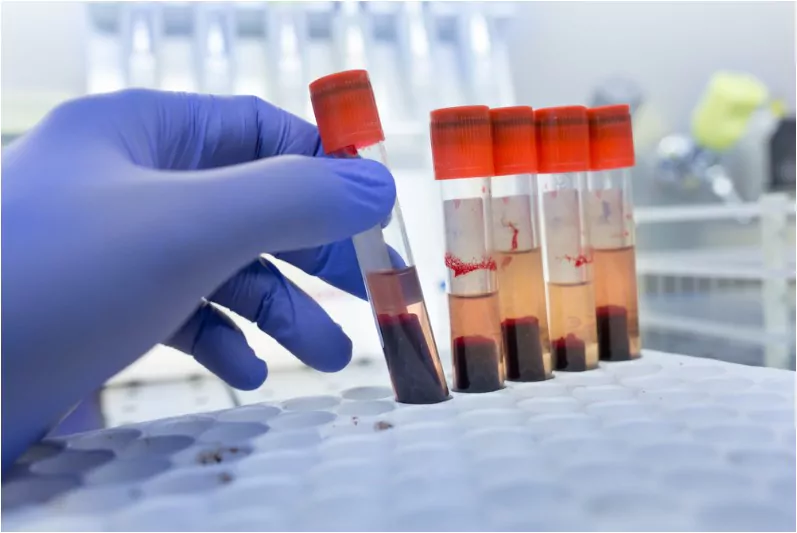
The human body is a complex system that demands constant upkeep to keep us healthy and active. Just like any machine, we must fuel it with the right things to keep it running smoothly. One aspect of our health that is often overlooked is the levels of blood urea in our system. When in excess, urea can be a potential health threat, leading to conditions like kidney disease. But did you know that changing what you eat and drink could help manage this issue? In this comprehensive guide, we will focus on how to reduce blood urea by diet and its vital role in supporting kidney health.
1 What is Blood Urea?
Urea is a waste product formed in your liver as your body metabolises proteins. This waste is then transferred into your blood and is usually removed by your kidneys during the process of producing urine. When the kidneys aren’t functioning correctly, urea builds up in the bloodstream, a condition known as uremia. High levels of urea are indicative of kidney malfunction or disease, making it crucial to understand how to reduce blood urea levels by diet.
2 The Importance of Diet in Regulating Blood Urea Levels
Diet plays a significant role in the management of blood urea levels. Eating foods rich in certain nutrients can support kidney function while limiting others can prevent additional urea build-up. This is where understanding how to reduce blood urea by diet becomes particularly crucial.
3 How to Reduce Blood Urea by Diet: Key Dietary Changes
The Role of Diet in Reducing Blood Urea
Diet plays an essential role in regulating blood urea levels. By controlling what we eat, we can influence the amount of urea our bodies produce. The keyword here is “protein.” As the liver metabolises protein, it produces urea, meaning that a diet high in protein could contribute to increased urea levels. Here’s how to reduce blood urea by diet.
Reduce Protein Intake
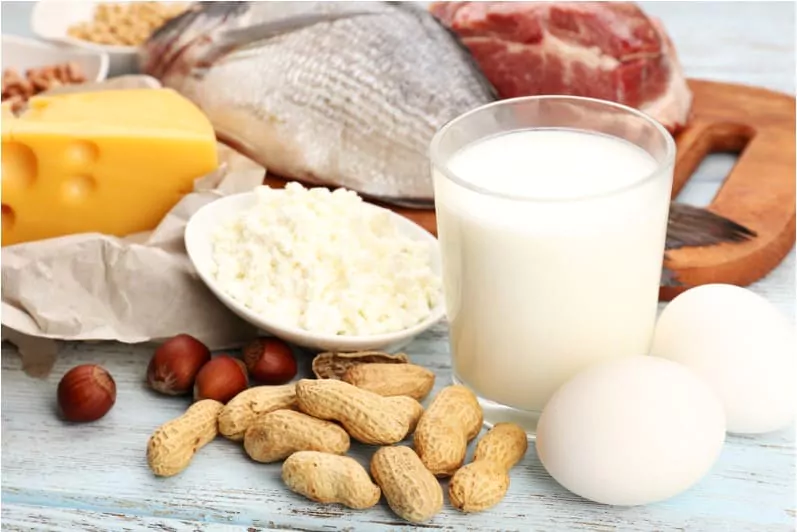
While it’s important not to eliminate protein entirely from your diet, controlling its consumption can help reduce blood urea. This doesn’t mean you have to give up your favourite protein-rich foods entirely, but moderation is key. When considering how to reduce blood urea by diet, aim for a balance between plant-based proteins and animal proteins, as the latter usually contain more purines, which increase the production of urea.
Prioritise Plant-Based Proteins
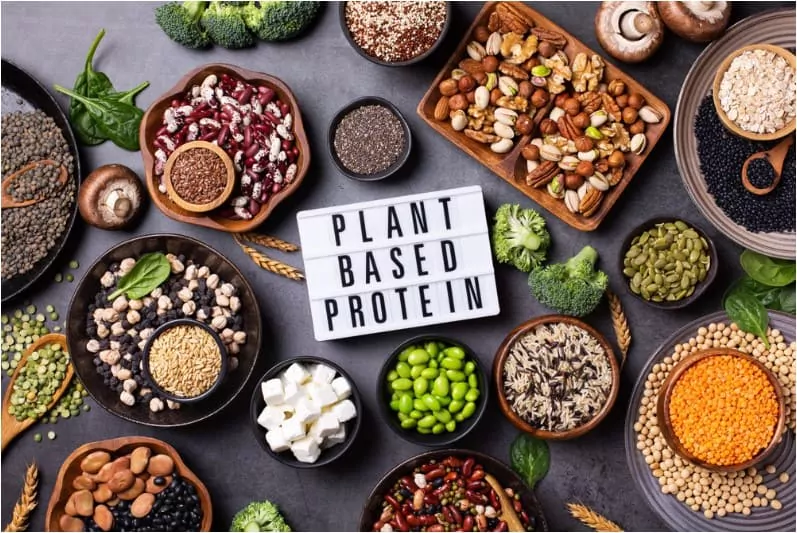
Proteins derived from plant sources like lentils, chickpeas, soybeans, and quinoa tend to be lower in purines, thus producing less urea when metabolised. As such, a switch from meat-based proteins to plant-based proteins can be an effective way to reduce blood urea by diet.
Increase Fibre Intake
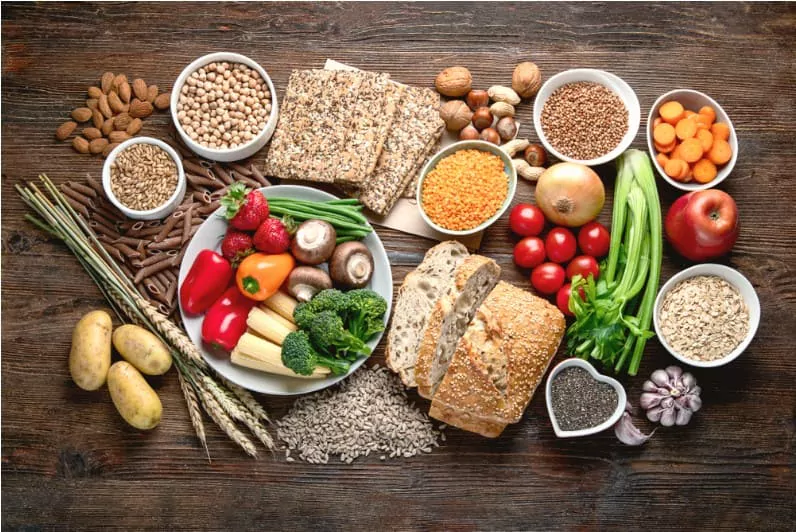
Fibre-rich foods like fruits, vegetables, and whole grains can assist in kidney function and reduce urea levels. Fibre promotes healthy digestion and helps regulate blood sugar and cholesterol levels, all of which can indirectly contribute to reducing blood urea levels.
Hydration is Key

When pondering how to reduce blood urea by diet, hydration should be a prime consideration. Proper hydration helps flush toxins, including urea, from your system. Drinking enough water aids your kidneys in diluting and eliminating urea from your blood.
Add Anti-inflammatory Foods
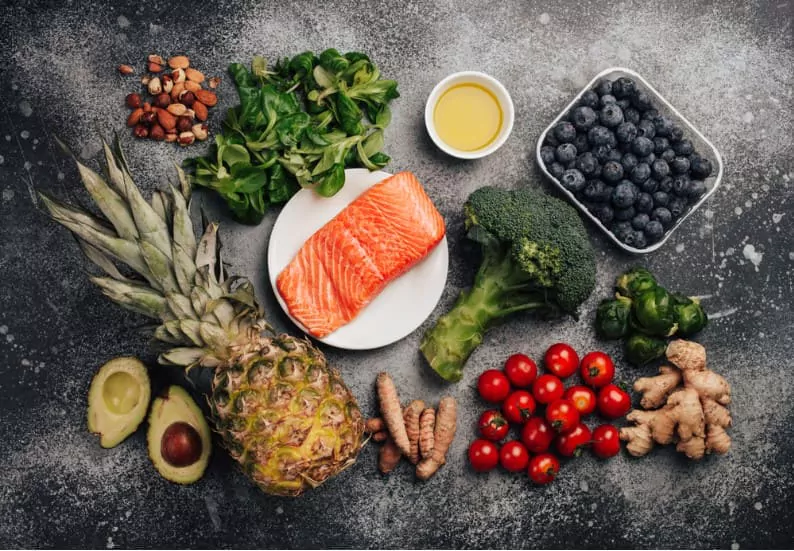
Inflammation can contribute to poor kidney function. Including anti-inflammatory foods in your diet can help reduce inflammation and, consequently, blood urea levels. Foods rich in Omega-3 fatty acids, such as fish, walnuts, and flaxseeds, as well as fruits and vegetables high in antioxidants, like blueberries, strawberries, cherries, and bell peppers, can fight inflammation and aid in reducing blood urea.
Reduce Sodium Intake
High sodium intake can strain the kidneys and lead to water retention, which can impede the kidneys’ ability to remove urea from the blood. To reduce blood urea by diet, try cutting down on sodium-rich foods like processed meats, canned goods, and fast foods.
Avoid Alcohol and Caffeine
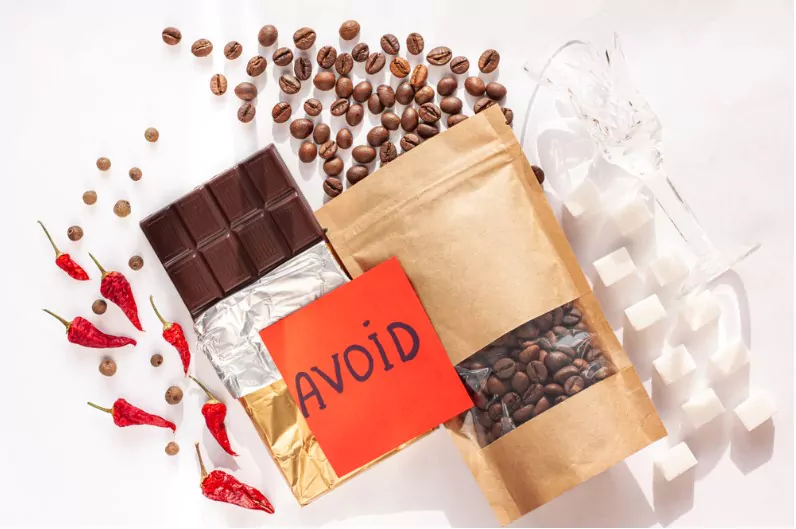
Both alcohol and caffeine can dehydrate your body, making it more challenging for your kidneys to remove waste products like urea. It’s better to replace them with kidney-friendly beverages like water, herbal tea, or fresh fruit juices when strategising how to reduce blood urea by diet.
Specific Foods to Include in Your Diet
As we discuss how to reduce blood urea by diet, it’s worthwhile to list specific foods that are especially beneficial for kidney health. These foods not only aid in lowering blood urea levels but also boost overall health:
- Cabbage: High in fibre and rich in phytochemicals, cabbage helps break down harmful compounds in your body and is a good choice for a kidney-friendly diet.
- Berries: Rich in antioxidants, berries are excellent anti-inflammatory foods. They are also low in potassium, making them a good choice for those with kidney concerns.
- Red Bell Peppers: These peppers are low in potassium and high in vitamins A, C, B6, folic acid, and fibre.
- Onions and Garlic: Onions and garlic are both great for reducing inflammation and are high in antioxidants, helping lower blood urea levels.
- Cauliflower: This vegetable is rich in vitamin C, folate, and fibre. It also contains compounds that can help your liver neutralise toxic substances.
4 A Sample Meal Plan
Creating a meal plan can make it easier to stick to dietary changes and manage blood urea levels effectively. Below is a simple 7-day meal plan on how to reduce blood urea by diet:
Day 1:
- Breakfast: Oatmeal topped with a handful of blueberries
- Lunch: Quinoa salad with assorted veggies and a light vinaigrette
- Dinner: Baked salmon with a side of sautéed cabbage
Day 2:
- Breakfast: Smoothie made with almond milk, banana, and a spoonful of flaxseeds
- Lunch: Lentil soup with a side of whole-grain bread
- Dinner: Grilled chicken with a side of cauliflower mash
Day 3:
- Breakfast: Whole grain toast topped with avocado and a poached egg
- Lunch: Chickpea salad with red bell peppers, cucumber, and onions
- Dinner: Baked tofu with a side of brown rice
This plan can be repeated or modified as per your taste and preferences.
5 Nutritional Supplements and Blood Urea Levels
In addition to these dietary changes, certain nutritional supplements can also be part of the strategy on how to reduce blood urea by diet. Omega-3 fatty acids, probiotics, and B vitamins are known for their potential kidney benefits. However, always consult with a healthcare provider before starting any supplement regimen, as some may interfere with medications or may not be appropriate, given your overall health status.
6 The Role of Exercise in Reducing Blood Urea
While diet plays a critical role, it’s also important to mention the role of physical activity in maintaining healthy kidney function. Regular exercise can improve blood pressure and glucose metabolism, both of which can reduce the strain on your kidneys and help lower urea levels.
7 Wrapping Up
Understanding how to reduce blood urea by diet can be a game-changer in managing your kidney health. From reducing protein intake to increasing fibre and staying well-hydrated, these dietary modifications can potentially lower urea levels in your blood. Additionally, limiting sodium, avoiding alcohol, and considering nutritional supplements under professional guidance can further assist in maintaining optimal kidney function.
Community Q&A
About This Article
This article has been viewed 483 times.



